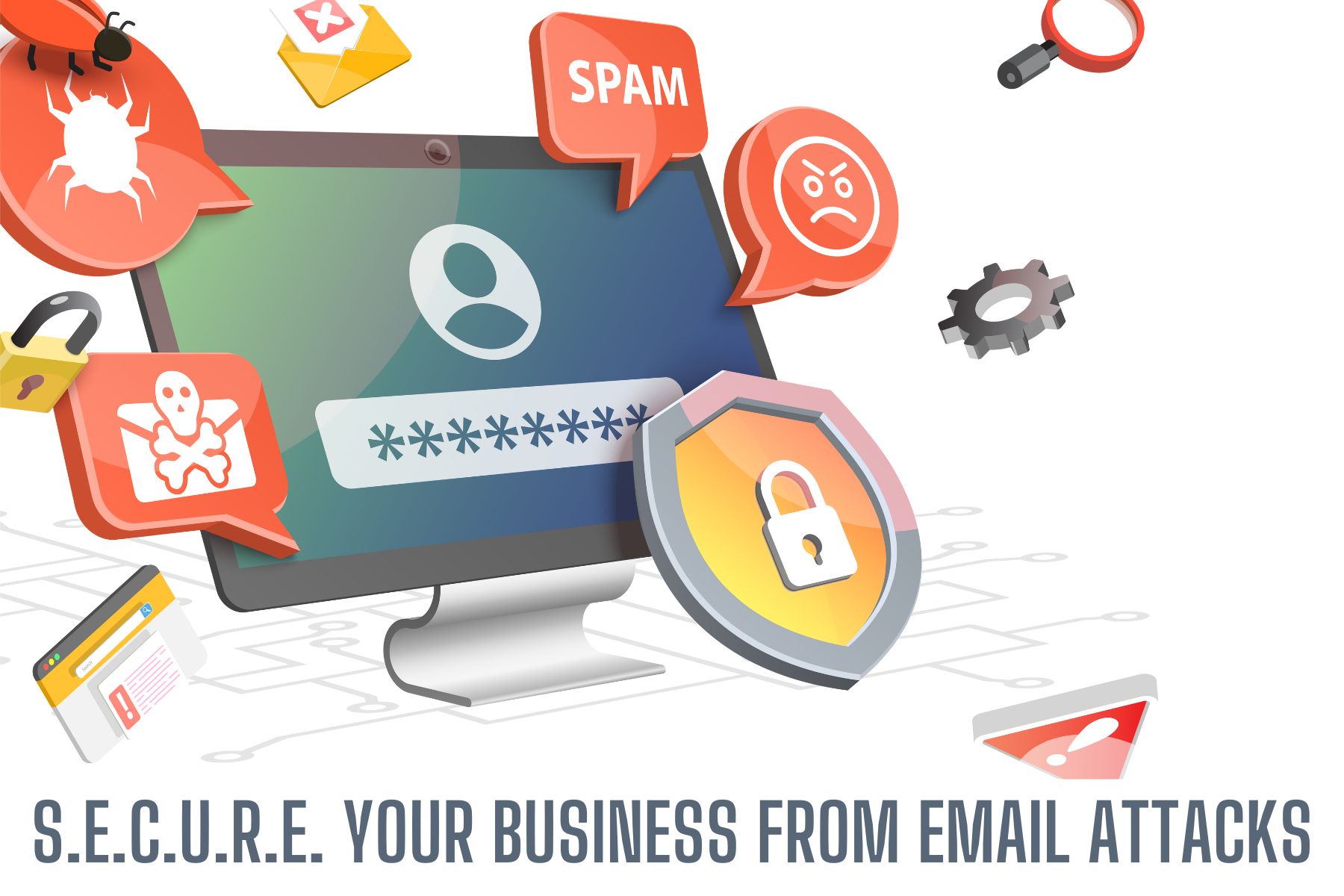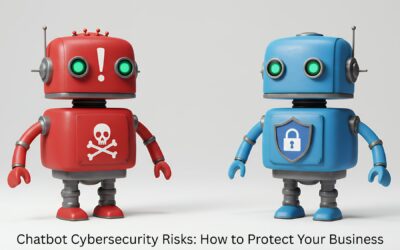Emails are a vital part of our workday, but they’re also one of the easiest ways for cybercriminals to sneak into your digital life. Whether it’s a sketchy link or a too-good-to-be-true offer, it’s easy to get caught off guard. That’s where the S.E.C.U.R.E. Email Method comes in—a simple, step-by-step guide to help you spot suspicious emails before they cause trouble. Here’s how this method works to secure your business from email attacks:
S – Start With The Subject Line: The subject line is often the first clue that something’s off. Hackers try to grab your attention with urgent or unusual subject lines to get you to open the email without thinking.
What To Do: Always take a moment to read the subject line carefully. Does it sound too dramatic, like “URGENT: Your Account Will Be Closed!” or “Congratulations, You’ve Won!”? If the subject line feels pushy or out of the ordinary, it’s a red flag.
E – Examine The E-mail Address: Scammers can make an email look like it’s coming from someone you trust, like your boss or a well-known company. But a closer look at the sender’s email address can reveal if it’s really them or just a sneaky imposter.
What To Do: Hover over the sender’s name to see the full email address. Does it match what you’d expect? For example, an email from Amazon should come from something like @amazon.com, not @amaz0n-support.com. Even a single letter off is a sign that the email could be a scam.
C – Consider The Greeting: Legitimate businesses usually know who you are, so they’ll address you by name. Scammers, on the other hand, often use generic greetings because they’re sending the same email to thousands of people.
What To Do: Pay attention to how the email starts. If it says something vague like “Dear Customer” or “Hello Friend,” that’s your cue to proceed with caution. A real email from a real company will likely use your name.
U – Unpack The Message: The main content of the email can contain lots of clues about its authenticity. Scammers rely on fear, excitement, or curiosity to get you to act without thinking.
What To Do: Read the message carefully. Does it ask for personal information, like passwords or credit card numbers? Does it pressure you to act immediately? Real companies won’t ask you to share sensitive info over email, and they won’t rush you with threats or urgent deadlines.
R – Review For Errors: Professional companies usually proofread their emails. Scammers? Not so much. They often rush to get their scams out, so their emails are littered with typos, bad grammar, and awkward phrases.
What To Do: Look for spelling mistakes, weird grammar, or odd formatting. If the email looks sloppy or just doesn’t sound like the company’s usual tone, it’s probably not legit.
E – Evaluate Links And Attachments: Links and attachments are the number one way cybercriminals try to trick you into giving up your info or downloading malware.
What To Do: Hover over any links to see where they’ll actually take you before clicking. A legitimate link should clearly show the company’s real website. If there’s an attachment you weren’t expecting, don’t open it—especially if it’s a file type that seems odd for the context, like a .zip or .exe. When in doubt, reach out to the sender through a known, trusted channel to confirm the email is real.
The S.E.C.U.R.E. Email Method is all about slowing down and thinking before you click. In the rush of a busy workday, it’s easy to let your guard down, but just a few seconds of extra caution can make all the difference. Stay sharp, and keep your inbox safe with these simple steps! Get help from St. Louis Small Business Journal’s 2024 BEST in cybersecurity.




